Please read the following short passage of church doctrine, and see if you find it sympathetic:
“It does not exist in a fixed form, but only by the mutual agreement of persons. It has no members except for those who feel that they belong to it. It has no rivals because it does not nourish the spirit of competition. It has no ambition because it only wishes to serve. It does not have any national boundaries because love does not act in this way. It does not close itself off, as it tries to enrich all groups and religions. It respects all the great teachers of all times who revealed the truth of love. All who belong to it practice the truth of love with their whole being. He who belongs to it knows that.
“It does not try to teach others but only tries to be, and by being, to give. It lives in the knowledge that the whole earth is a living being and that we are part of it. It knows that the time of the last return has arrived; the way of self-surrender, in free will to return to unity. It does not make itself known by loud words, but works in the free domain of being. It salutes all those who have enlightened the path of love and gave their lives for it. It does not create any ranks in its midst and no elevation of anybody, because the one is no greater than the other. It does not promise reward, neither in this nor in another life, yet only the joy of being in that love.
“Its members recognise each other by their behaviour, their way of being, by the look in their eyes and by no other external act than to embrace each other in a brotherly and sisterly way. They know neither fear nor shame and their witness will always be truthful in good as in bad times. The church of love has no secret, has neither mystery nor initiation except for the deep knowledge of the power of love, as the world must change, if we as persons wish it so; but only if first we change ourselves. All those who feel that they belong to it do indeed belong. They belong to the church of love.”
************
Perhaps you agree with me that you would have to be a hard soul indeed not to find this declaration sympathetic. Indeed, in its intentions it sounds remarkably contemporary, and we recognize in it the holistic views of our own world. It is certainly compassionate and tolerant of the views and beliefs of others in a ‘live and let live’ way. It displays humility, taking a stance more of service to others than showing any worldly ambitions of its own. Can you belong to this church of love? Of course you can, in your heart and in your being, if you find its declaration sympathetic. But there is no church as such: there is no building which you can enter and join the congregation. And there is no doctrine to follow, other than what you have read above. But who are its members? Perhaps more to the point: where are they?
What you have read above is one of the few surviving fragments of Cathar writing, and it dates, not from our own times, but from the middle of the 12th-century – the year 1148, to be exact. That Cathar beliefs, more by default than by design, sidelined the authority of the Papal offices proved to be their undoing. The Pope, alarmed at this perceived threat to his [1]power, and concerned by the ever-growing popularity of the Cathars, instigated the Christian-against-Christian [2]Albigensian Crusade.
Over half a century some one million Cathars and their regional Catholic sympathisers were slaughtered. Since strict Cathars were non-combative, most of the so-called military campaigns against them were of the siege-and-massacre type. Those not put to the sword by the Papal crusaders were rounded up and burned alive. And when the military campaign exhausted itself, the Papal Inquisition run by the Dominican order was established to take care of the rest. Whole areas of the Cathar heartlands in the Languedoc region of the south of France were emptied of their populations, and their lands and property were handed over to the Papal offices.
This is why the Cathar church no longer exists: it was exterminated by the will of the Papacy. What survives are these few scraps of Cathar doctrine to tell us how their faith expressed itself: fragments of love for their fellows and tolerance for the beliefs of others. The rest has long blown away on the winds of history, scattered with the ashes of the victims into the still air above the Languedoc.
Hawkwood
Notes:
[1] I have previously made the point on this blog that there is no such thing as ‘orthodox’ (implying 'correct' or 'right') in religious belief, since all beliefs have their own value. What exists in reality is a power base which allows one to call one’s beliefs ‘orthodox’, and from that power base to then brand other beliefs as ‘heretical’, ‘false’, ‘evil’ – or just plain wrong.
[2] For an account of the Papal campaign and its aftermath please see my post A Dark Crusade. In that post I undertook to write a future post about Cathar beliefs. Allowing the Cathars to express themselves in their own words seemed to be a way to do that. Thanks to Emma for providing me with the Cathar text for this post.
The replica Cathar cross pendant is in my collection.

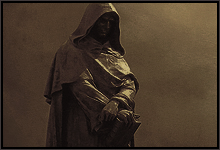


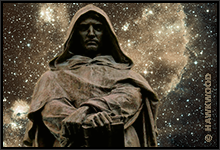
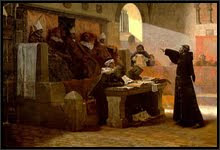

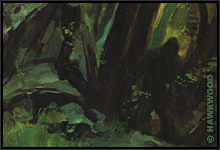



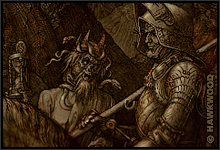
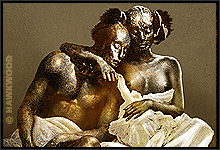

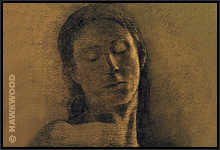
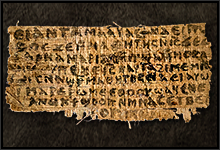















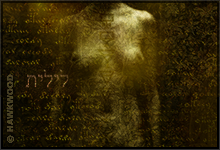
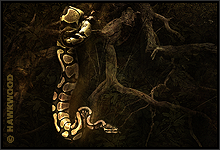
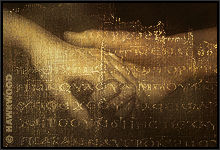
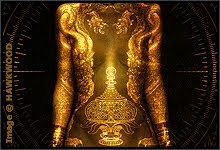
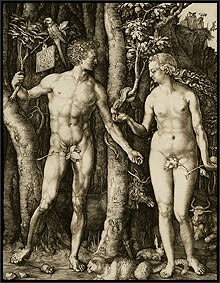
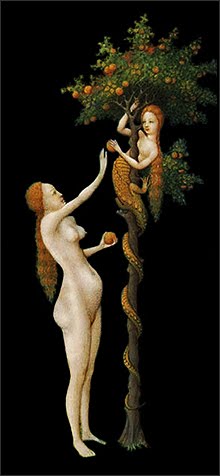
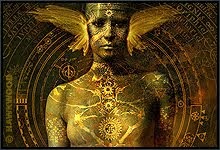
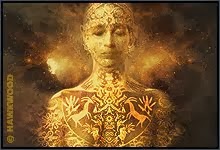


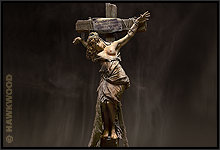
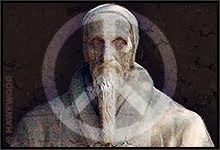
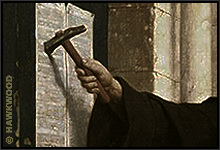


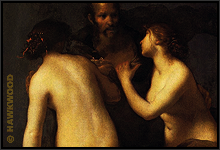



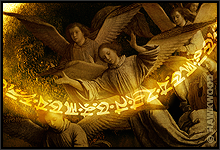


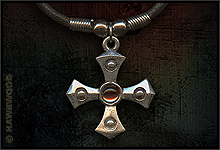
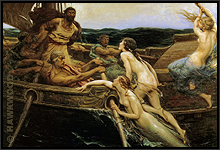

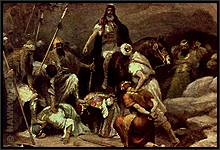
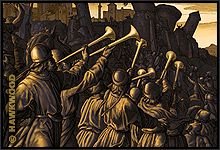
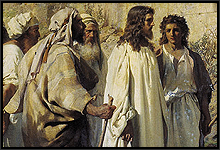
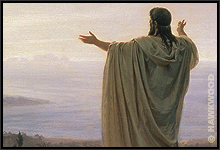
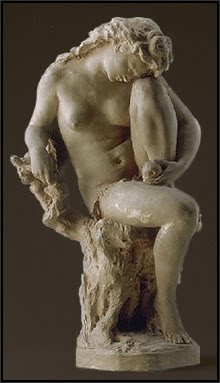
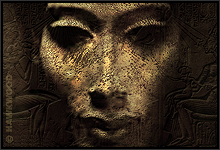


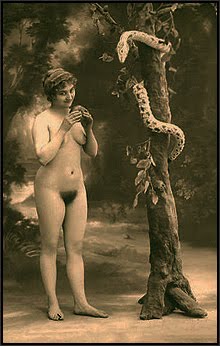
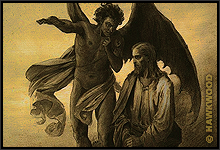
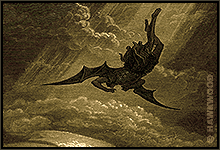




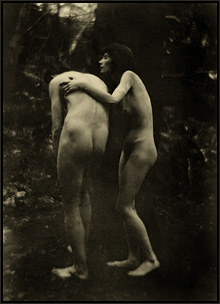


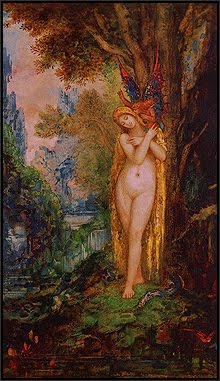


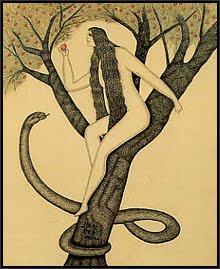

No comments:
Post a Comment
You are welcome to share your thoughts.